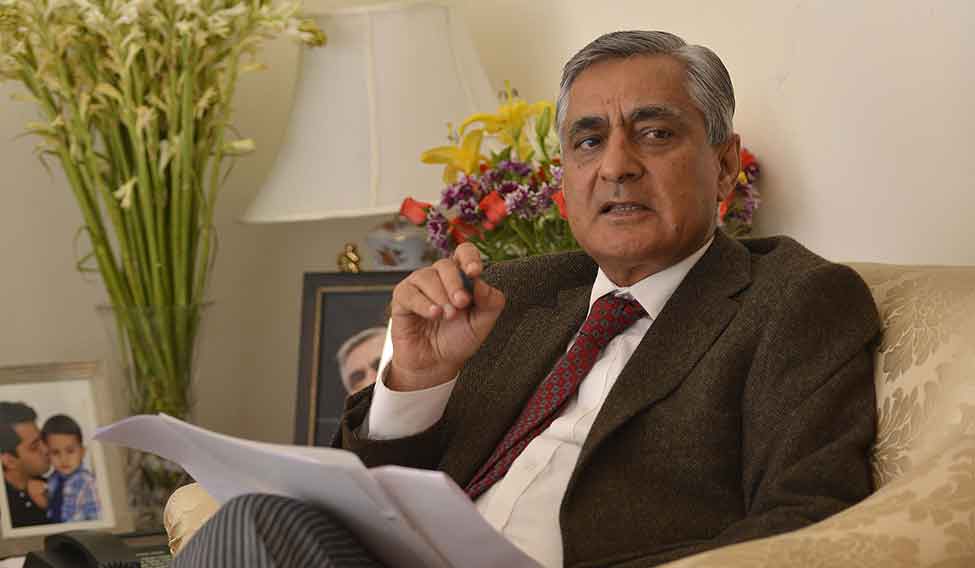Reflecting on the difficulties involved in choosing judges for the higher judiciary, Chief Justice of India (CJI) T.S.Thakur said that the scruples involved in selecting judges have increased with the changing times.
Delivering his speech on the occasion of the inaugural V.R.Krishna Iyer Memorial Lecture in New Delhi last evening, Thakur said that a candidate like the late Supreme Court judge Iyer, who was a political activist and an agitationist who also spent time in prison, becoming a judge was inconceivable in the present times.
The CJI said he had come to the event after chairing a meeting of the Supreme Court collegium, which took up a few candidates from a particular state, and one of the objections against two of them was that they had gone to court to challenge the cancellation of chambers to them.
“Can you imagine? Well, times have changed. Today, if we had a candidate like Krishna Iyer, we would be very, very hesitant in recommending him for judgeship,” he said.
Iyer, Thakur said, was unique as he came from politics to judiciary. “We have all known judges who after they retire or resign have the tendency to meddle in politics. There have been cases where judges have retired and have gone and fought elections,” he said.
The CJI said that judges see a career for themselves in politics after they have retired, but to think of a politician becoming a judge -- and that too a judge in the Supreme Court -- was inconceivable in the present context.
“That too a judge who has been prosecuted in ten criminal cases, a judge who has been in prison for 30 days, who has been held in contempt and has been found guilty -- a political activist, an agitationist. Such a candidate becoming a judge is inconceivable today,” Thakur said.
Delivering the first V R Krishna Iyer Memorial Lecture, noted jurist Fali Nariman described Iyer as a `super judge’ whose knowledge of jurisprudence was unparalleled and whose heart beat for the underprivileged. He recounted that it was during Iyer’s tenure that the era of public interest litigations began.
Nariman also recalled how Iyer displayed his independent streak when he, as a vacation judge, refused to place an unconditional stay on the Allahabad High Court order cancelling Indira Gandhi’s election to the Lok Sabha. He only imposed a conditional stay on that decision.





